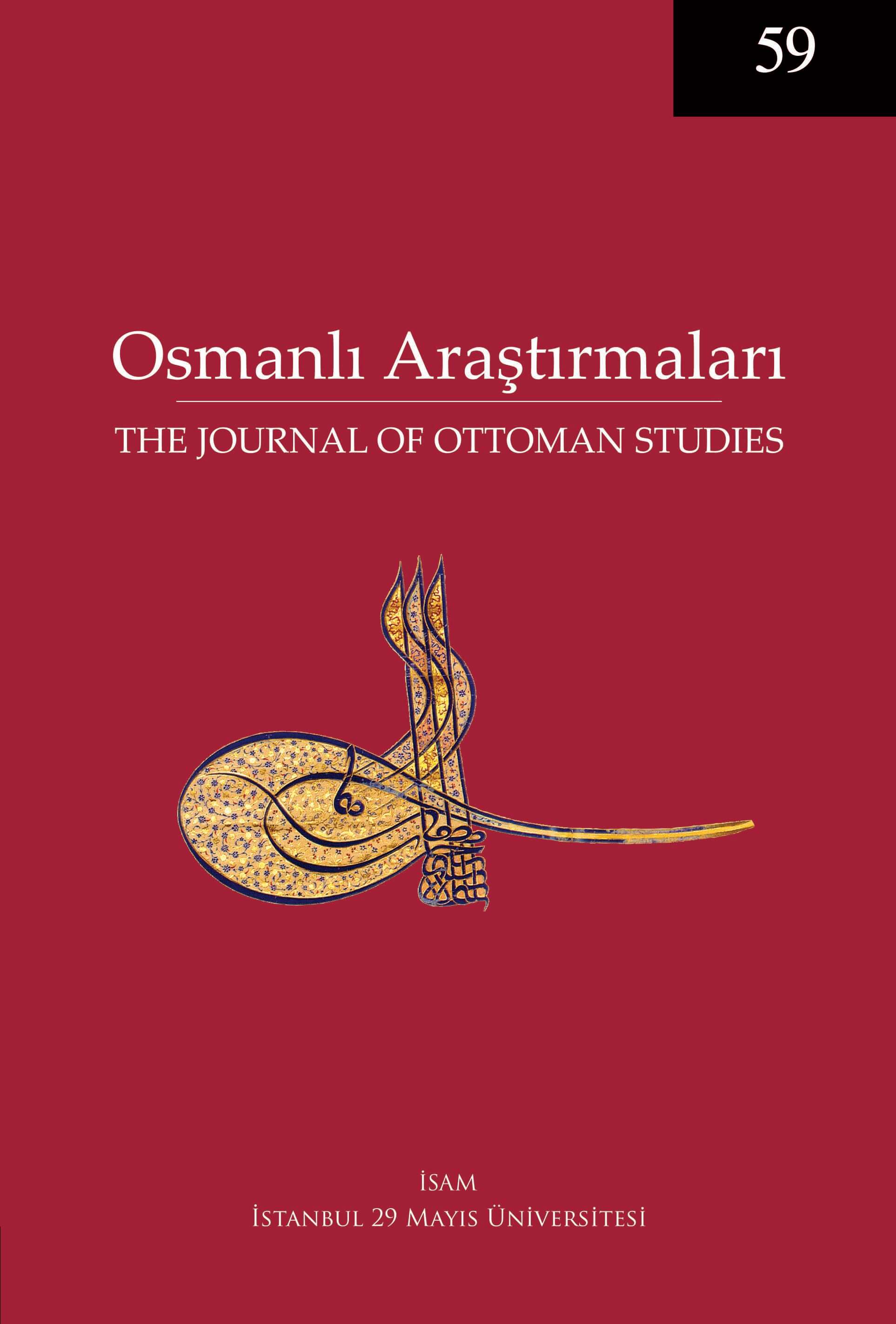A Dynasty of Antalya in the “Age of the Ayans”: Tekelioğulları (1770-1814)
Keywords:
Antalya, Tekelioğulları, revolt, Mahmud IIAbstract
This paper deals with the Tekelioğulları dynasty, an important provincial power in Antalya in the second half of the 18th century. In the paper, turning points of the Tekelioğulları family history, how they came to power in spite of the other strong families they competed with, their relations with the capital and finally, their revolt against the imperial centre are examined. Two reasons behind the regional domination of the family are particularly emphasized in the paper. The first one was the support of the people, which essentially stemmed from the âyân function of the family. Another reason the power of the family increased was the empire’s policy which was based on negotiating with the provincial notables in the last part of the 18th century and the beginning of the 19th century. The most important feature of the negotiation policy for the empire was to use the provincial notables as the representatives of the capital while preventing them from becoming an alternative power for the empire. For this preventative purpose, the empire frequently resorted to confiscation, thus succeeding both in establishing a balance between the provincial pow-ers and the centre and generating income for the treasury. The Tekelioğulları dynasty, on the other hand, ruled Antalya and its districts for years, with the support of the provincial society in an area where there were endless conflicts between families. The family took advantage of the opportunities offered by the provincial politics that regulated the relations of the empire with the region. However, neither the support of the provincial society to the family implied absolute loyalty, nor did the provincial politics of the capital remain unchanged. As a matter of fact, the change in the negotiation-based provincial policy of the empire with the reign of Sultan Mahmud II had an impact on the fate of the family, which resulted in a revolt and exile.




